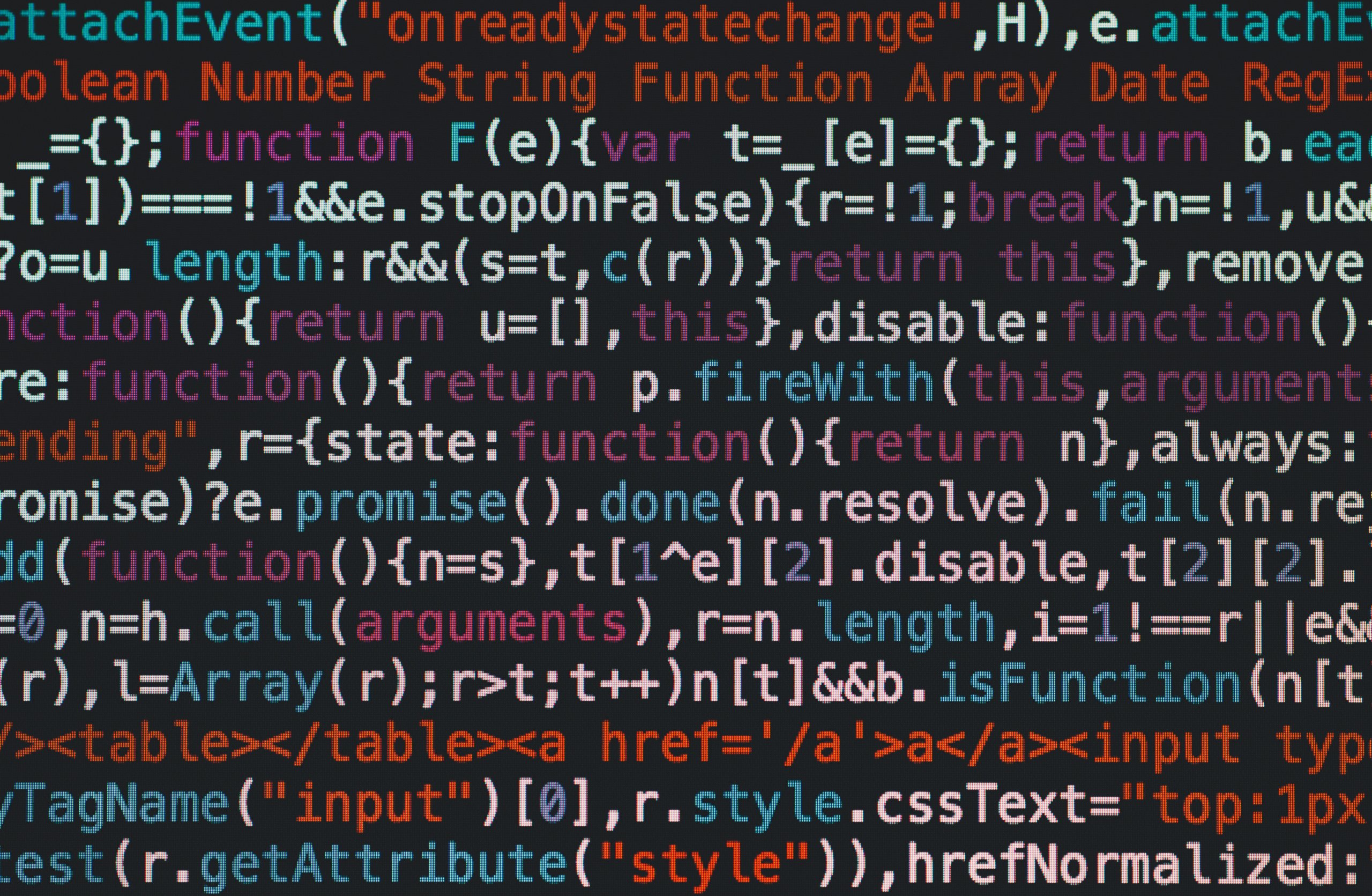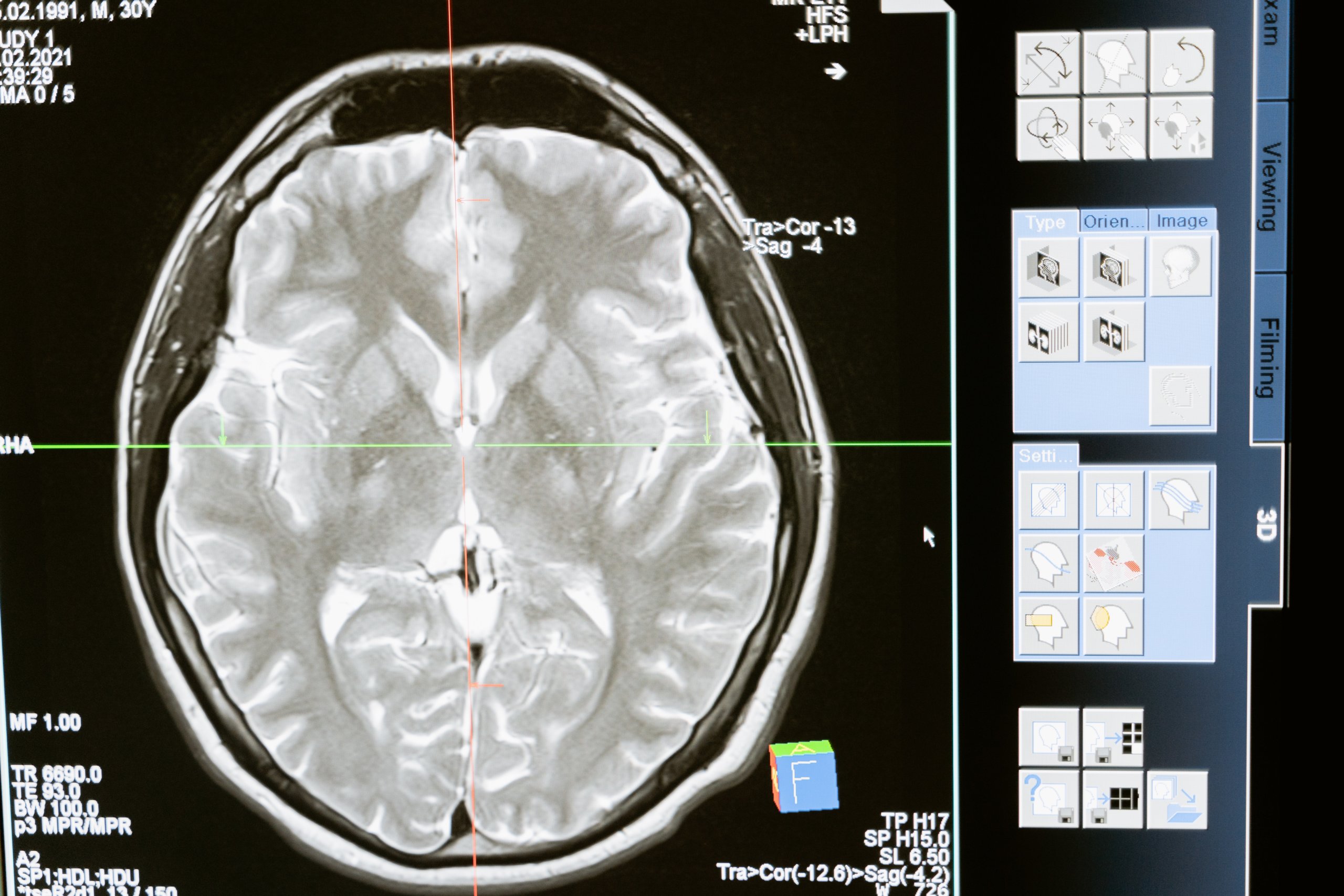
It may be possible to delay your brain from aging. And no, this isn’t the beginning of a pitch from an after-hours informercial — the science behind this concept is surprisingly real.
A recent study in Nature Neuroscience merged three fields to make strides in this research: longevity, neuroscience, and machine learning. The result? An algorithm that can predict your brain age from MRI scans.
Unveiling the Mysteries of Our Brains
Brain age refers to how well your brain is aging compared to your chronological age. Humans run the gamut in this context; we’ve all encountered a spry 70-year-old who seemed surprisingly sharp for their age. The study of brain aging is an attempt to explore the biological complexities behind this cognitive dissociation. And it could shine a light on ways to intervene if your brain happens to be aging faster than it should be.
The new study aimed to find out how common brain disorders like autism and depression affect brain aging. To elucidate this, the research team behind it leveraged the data of almost 50,000 people varying in age across 8 decades. They also combed through a heap of human genomic data from the UK Biobank in order to identify gene sets of neurological disorders deeply related to accelerated brain aging.

“We reveal that genes involved in apparent brain aging in healthy individuals overlap with genes that we know to be associated with common brain disorders,” explained Tobias Kaufmann, one of the study’s authors. Using this apparent “brain age gap” as a biomarker could help inform doctors’ decisions and treatment plans for aging patients.
The Potential to Extend Healthspan
The study’s findings could help advance progress with an emerging area of research in longevity: Extending healthspan. In recent years, longevity researchers have been pivoting their attention from lengthening lifespan to extending healthspan. Essentially, it’s a focus on quality over quantity — rather than studying how long we can live, it’s more prudent to examine how long we can live without disease, including ones that commonly come with age.
Of course, the question begs to be asked: How do you actually measure one’s “true” biological age? This hasn’t been solved yet, but the brain age gap (the difference between a person’s chronological age and how fast or slow their brain is aging in comparison) shows incredible promise to change that.

The molecular activity that controls the brain’s pace of aging also plays a substantial role in the formation of the organ’s neural circuits. It’s also fundamentally related to disorders like depression, schizophrenia, and autism. And fortunately, it can be measured by MRI.
This relation led the team of researchers and medical developers to wonder if MRI scans could be used to gauge an individual’s brain age gap, and how that changes in relation to different neurological disorders. And maybe, just maybe, this could allow us to link specific genes to the acceleration or delay of brain aging.
Scaling a Brain Study With AI
Previous studies in this area of research were small and limited in scope. Not only did they examine a limited age range, but they also tended to focus on only one mental disorder at a time. Besides this, they also usually used information from one site. While facility locations like NYC or London are sure to have a variety of data, they can’t compare to combining information from numerous places. As a result, the findings of these studies couldn’t provide a holistic, dynamic overview of brain changes over the course of a whole lifespan.
To achieve that last part, Kaufmann and his colleagues aggregated MRI data from several different scanners and sites. To create standardized sets, they had to rely on advanced data methodologies to consolidate and organize the information of 45,615 people. Unsurprisingly, this took an enormous amount of time and effort.
To double-check their work for possible normalization errors, the team also included this information in their machine learning algorithm. With data from more than 35,000 healthy people ranging in age from 3 to 89 years old, they then trained the artificial intelligence (AI) system to predict the trajectory of normal brain aging. After validating the algorithm with the information of an additional 4,353 healthy individuals, the team compared the brain scans of almost 5,800 people with brain disorders to this general trajectory.
This work allowed several insights to surface. Those with severe disorders like schizophrenia and dementia had the biggest brain gaps, while those with developmental disorders such as ADHD and autism didn’t seem to have their brain age affected in any way. The team also discovered that brain regions that contributed to brain age gaps were the ones associated with specific disorders. For instance, Alzheimer’s disease causes regions under the cortex to degrade; these same regions would trigger the brain age gap measured by the AI.
The study also demonstrated that AI is capable of condensing data from a large set into a baseline, interpretable score while maintaining the integrity of information about specific brain regions. Basically, the AI can elucidate how some disorders can cause particular brain regions to age faster. In turn, this could help inform and guide treatment options.
The Role of Genetics in Brain Aging
Last but certainly not least, the study also shed light on the link between genetic information and brain aging. Besides environment and lifestyle choices, genetics could also play a role in accelerated brain aging.
Through analysis, the team was able to show that the brain age gap is heritable to some degree. They also identified genes that most likely contribute to both neurological disorders and brain age gap. Here’s how they explain it:
“Genetic variants associated with brain age gaps in healthy individuals partly overlap with those observed in autism, ADHD…[and others]. These results suggest shared molecular genetic mechanisms between brain age gaps and brain disorders.”
A Solid Foundation for Brain Age Research
More research on brain aging is needed. But this study is a solid foundation to begin with when considering its sheer size and what it has achieved. The long-term objective is to be able to predict an individual’s brain age gap based on their genetics before the occurrence of any brain disorder.
And the more insights we can get, the better we’ll be able to track the progression of these disorders and adjust treatment plans accordingly. We’re most likely still a very long way from achieving this. But this study has kicked off numerous large-scale studies that will help us find out more.
What do you think about combining neuroscience and AI as this study did? Would you like to find out your brain age? And what do you think the future of this field holds? Let us know in the comments!





